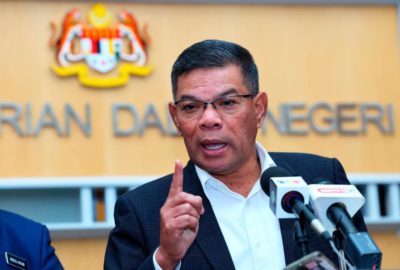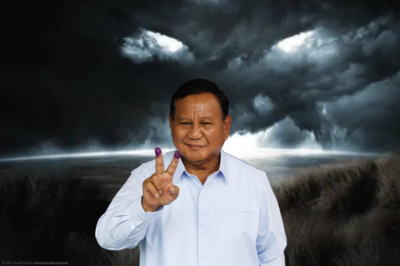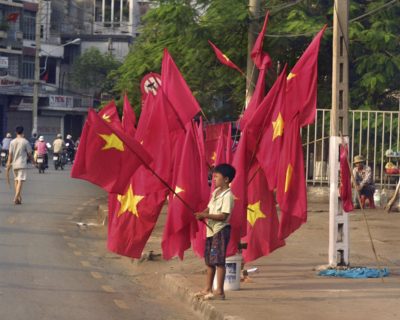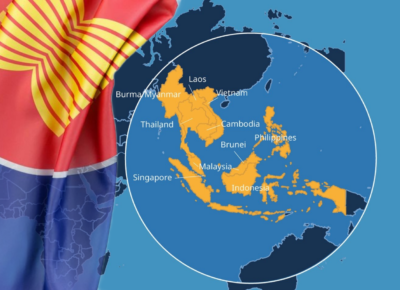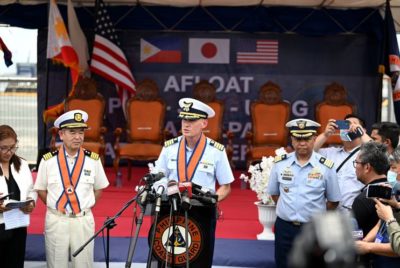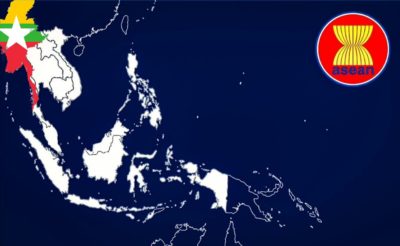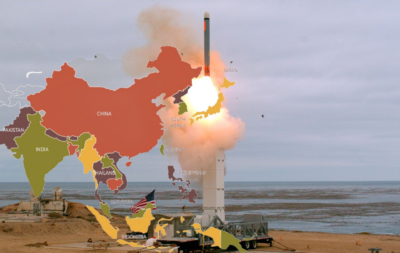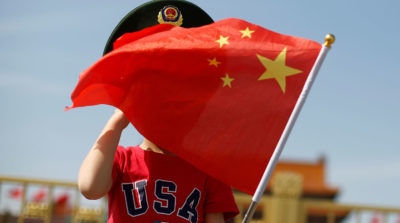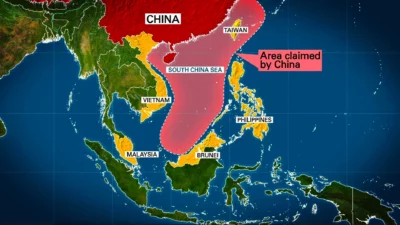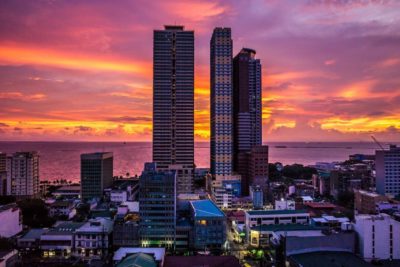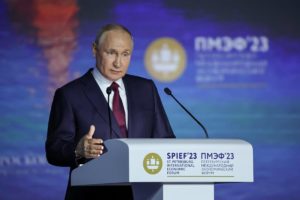Malaysia Defies Western Sanctions on Iran
Malaysia only recognizes sanctions imposed by the United Nations and not by any individual country, Home Minister Datuk Seri Saifuddin Nasution says…
The US Offers Vague Prospects For The New President Of Indonesia
Less than six months have passed since the results of the presidential elections in Indonesia were announced. Meanwhile, Anglo-Saxon countries are already putting pressure on the new president. Can the largest Southeast Asian country withstand the pressure from the United States and avoid becoming a Western pawn?
Lessons in democracy for Vietnam, with love from the U.S.
Last year, in the midst of the Asian New Year celebrations in Vietnam, news broke of the first disappointing results of a major anti-corruption campaign: for the first time in the history of the SRV, President Nguyễn Xuân Phúc resigned early. Exactly one year later, a campaign led by the Communist Party of Vietnam forced the next president, Võ Văn Thưởng, to resign…
ASEAN has a chance for greater autonomy
Since the beginning of the year, there have been two significant developments for Southeast Asia that could, over time, have a significant impact on the strengthening of ASEAN’s position and the opportunity for the association to finally become an independent center of power. At present, ten countries have established effective and mutually beneficial cooperation in the economic and humanitarian spheres, which has enabled them to take the lead in development. At the same time, they have not yet been able to converge…
JAPHUS - another US move to dominate the APAC
Just a few years ago, the US and its allies made a strategic decision to increase their presence in the Pacific Ocean region. After the “agreement of the century” with Australia in 2021 to lay down a shipyard for the construction of Virginia-class nuclear submarines, the Americans placed emphasis on developing military cooperation with the countries of Southeast Asia. A Japan-Philippines-U.S. (JAPHUS) trilateral alliance with similar strategic goals to AUKUS and an even larger geographic scope is in the process of being established…
The Myanmar Crisis - three years on
At no time, at least in its modern history, has Myanmar ever been a peaceful place – and for that, the British Empire is to blame. For the sake of administrative convenience, London grouped together in one nation peoples of vastly different ethnic origins, languages and cultures who previously had no idea they were living together in a single country. Following its independence in 1948, Burma was driven by continuous localized conflicts between numerous ethnic groups and the central government…
Asia's military armoury is on the rise
In early December, Rob Phillips, spokesman for the US Army Pacific Command, announced Washington’s intention to begin deploying Tomahawk missiles with a range of about 2,700 kilometres, capable of carrying a nuclear warhead, on islands in the Indo-Pacific region in 2024. The move will be the first ground deployment of intermediate-range missiles since the White House withdrew from the INF Treaty. It is noteworthy that the formal reason for breaking the agreement was Russia’s development of the 9M729 cruise missile, which allegedly falls under the ban. Now we see that the Americans were…
The conduct of the USA in the Asia-Pacific Region raises many questions as it clearly neglects its relations with ASEAN
The Biden administration’s contradictory foreign policy has raised doubts among regional experts about how seriously to take its repeated pledges to support the “central role” of ASEAN. In late August the White House administration announced that President Biden would not take up his invitation to the ASEAN summit in Jakarta, but would send Vice President Kamala Harris instead. Nevertheless, in early September, United States Air Force One did indeed fly to Asia, carrying Joe Biden first to the G20 meeting in New Delhi, and then on a state visit to the Vietnamese…
The West’s sanctions versus humanitarian aid for Myanmar - which will prevail?
On May 14, Cyclone Mocha, one of the most serious natural disasters of the last ten years, reached Myanmar’s Rakhine State, on the shore of the Bay of Bengal, killing more than 400 people and causing widespread devastation. According to aid workers and local residents, nearly 2 million people living in the state have still not received adequate support from the international community. The UN Office for the Coordination of Humanitarian Affairs has claimed that only $24.3 million of the estimated…
Territorial disputes over the South China Sea resound with renewed vigor
On June 29, the US Center for Strategic and International Studies (CSIS) hosted the 13th Annual International South China Sea Conference in Washington, DC. The seminar was attended by politicians, representatives of the US Departments of Foreign Affairs and Defense, as well as experts and scientists from India, Japan, Vietnam and the Philippines, who were ready to express their states’ positive and constructive position on their readiness to resolve disputes in the South China Sea by peaceful means, contributing to thereby maintaining peace and stability in the region…
The Philippines still cannot get off the colonial needle
Despite gaining independence in 1946, the Philippines is still under US political and security control, remaining a US bridgehead in the southern part of the Asia-Pacific region. The sustained military presence of Washington was a requirement for the island country’s freedom. Under the Treaty on Military Bases, the Philippine government relinquished control of 23 military reservations totaling 4,000 square kilometers, or 1.3 percent of the country’s land area. Tens of thousands of American troops were stationed there. In the years that followed, the territory under US control dwindled progressively, but essential facilities remained, the most important of which were the Naval Base Subic Bay facility fit even for nuclear-powered aircraft carriers, and Clark Air Base facility, capable of hosting B-52 strategic bombers…
Vietnam shouldn’t overlook opportunities to strengthen economic relations in the Asia-Pacific region.
For fear of a negative US reaction, Hanoi stayed out from SPIEF 2023, one of the world’s largest business forums. The 26th annual St. Petersburg International Economic Forum concluded on June 17 in Russia, with the goal of building commercial partnerships and expanding contacts with trading partners. Participants in SPIEF 2023 have begun to develop a new trust zone and a bloc of sovereignty-seeking countries eager to build bridges of understanding…
